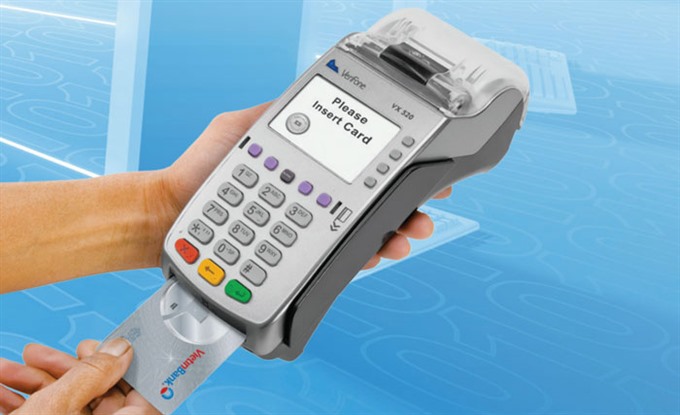 Economy
Economy

Using unregistered point-of-sale (POS) machines to transfer payment may result in tax losses for the local authorities
 |
| Using unregistered point-of-sale (POS) machines to transfer payment may result in tax losses for the local authorities, according to specialists.— Photo VietinBank |
HÀ NỘI — Using unregistered point-of-sale (POS) machines to transfer payment may result in tax losses for the local authorities
The warning was delivered after the local government of the
The three POS machines were reportedly brought from
The payment transfers did not go through approval of any local commercial banks in
The POS machines were taken back to the State Bank of Việt
According to Nguyễn Văn Đoan, deputy director of the central bank’s Quảng Ninh branch, domestic commercial banks must register POS machines to the local authorities and the machines must be licensed before being used on the market.
“The State Bank of Việt Nam is only able to monitor POS machines that are registered to the Vietnamese authorities,” he said, adding that it was hard to take full supervision of the three unlicensed POS machines because they could have been registered in another country and could be used anywhere with 3G internet connection.
The local authorities in 2017 unveiled a similar case in which money was transferred illegally to
To control the situation, the local government has asked sellers to install local banks’ e-payment systems and equip their stores with surveillance cameras to keep eyes on trading activities in order to avoid potential risks to local socio-economic development.
According some banking experts, the installation of e-payment systems and surveillance cameras would be useless if sellers attempt to use unregistered POS machines as those transactions cannot be traced and watched by the local authorities.
Experts say it would be very difficult for local banks to keep monitoring unregistered POS machines as sellers can get access to 3G internet to use the machine while some of the sellers, as foreigners, are only required to deliver their passports to buy 3G phone cards.
Therefore, they demand local authorities, government agencies and banks cooperate better to monitor stores, manage the origin of goods and services, administrate foreign labourers and closely oversee the flow of money in the province. — VNS




